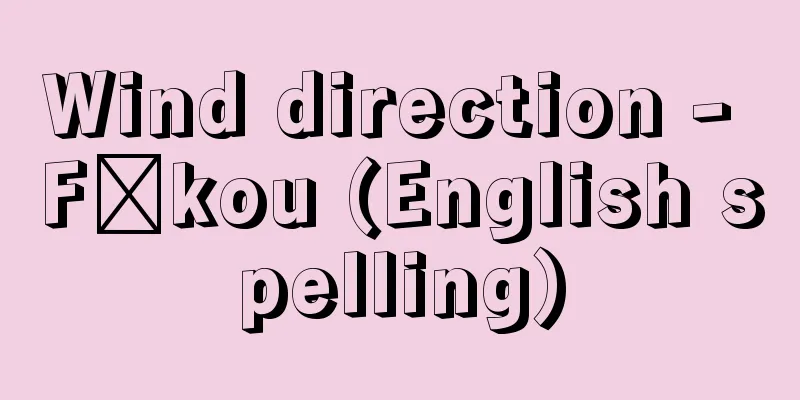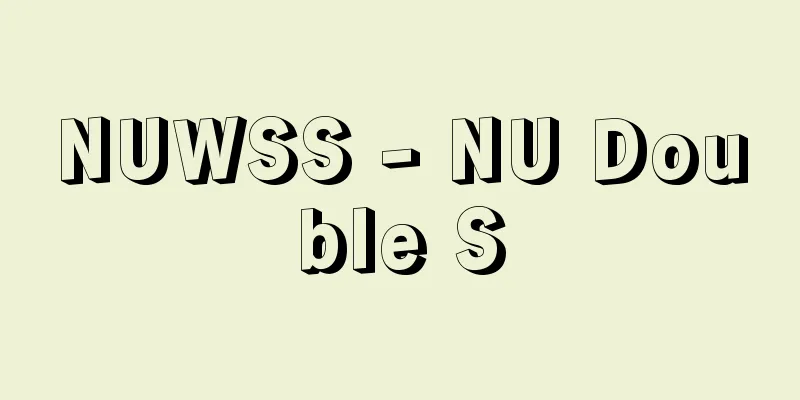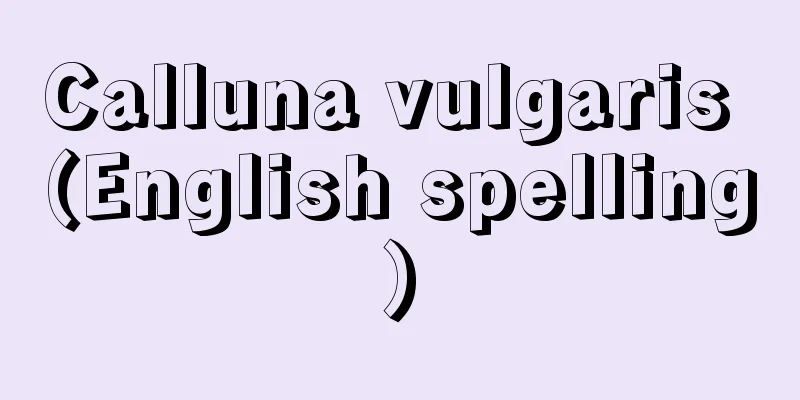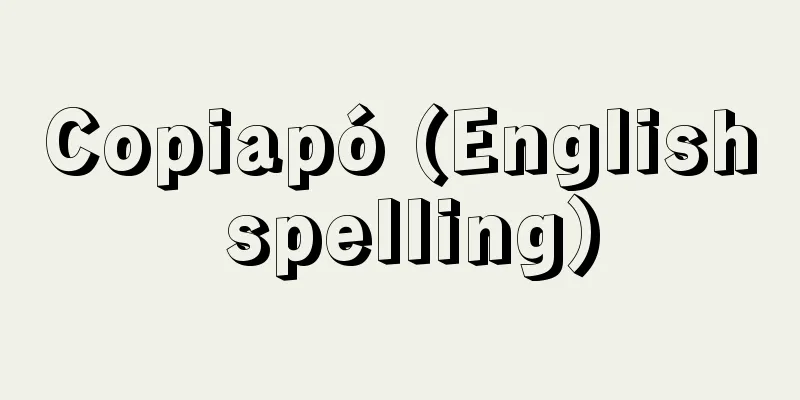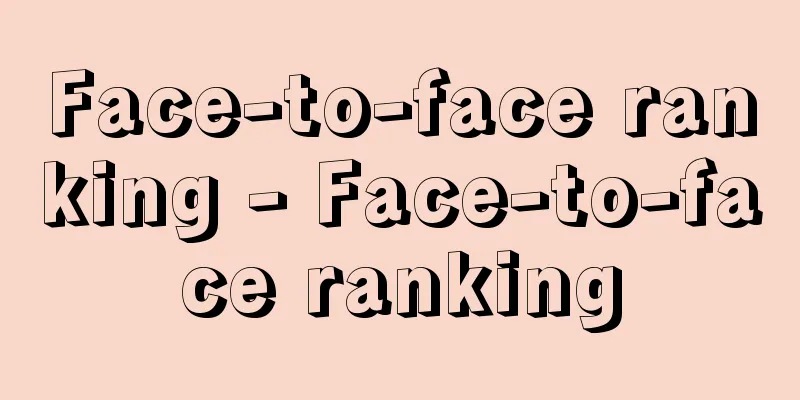Imperial Conference - Gozenkaigi
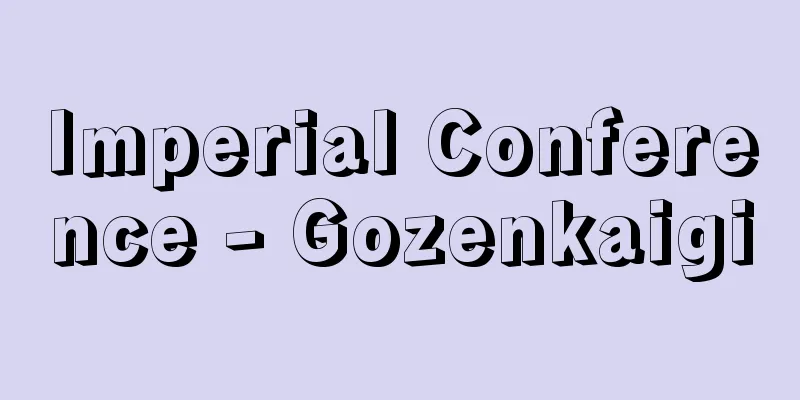
|
This was the highest council held at the Imperial Court in the presence of the Emperor on important national occasions. Although there was no legal provision for it, it was held when urgent important policies were to be decided. During the Meiji period, it was held on the outbreak of the Sino-Japanese and Russo-Japanese Wars and the peace treaties, with the attendance of Genro, major cabinet ministers, the Chief of Staff, and the Chief of the Naval General Staff. It was not held during the Taisho period, but in the Showa period, as the Second Sino-Japanese War expanded, it was held in January 1938 (Showa 13) and decided on the "Fundamental Policy for Dealing with the China Incident." After that, it was held frequently until the decision on the Tripartite Pact between Japan, Germany, and Italy, the decision on the outbreak of the Pacific War, and other occasions until Japan's defeat. Attendees of these Imperial Conferences included members of the Imperial General Headquarters-Government Liaison Conference and the Supreme War Leadership Council, and especially the President of the Privy Council, but the actual deliberations were merely to ratify the proposals decided by the two conferences. The Emperor's attendance gave the conference decisions the highest authority, and the Emperor was usually not allowed to speak except to ask questions; however, at the Imperial Conference on August 14, 1945 (Showa 20), the final decision to accept the Potsdam Declaration was made by the Emperor's "sacred decision." [Awaya Kentaro] [Reference] |Source: Shogakukan Encyclopedia Nipponica About Encyclopedia Nipponica Information | Legend |
|
重大国事に際し、天皇臨席の下に宮中で開かれた最高会議。法制上の規定はないが、緊急な重要政策の決定に際して開催された。明治期には日清(にっしん)・日露戦争の開戦、講和などで、元老を中心に主要閣僚、参謀総長、軍令部長が出席して開かれた。大正期には開かれなかったが、昭和期には日中戦争の拡大に伴い、1938年(昭和13)1月に開催され、「支那(しな)事変処理根本方針」を決定した。その後、日独伊三国同盟決定、太平洋戦争開戦の決定をはじめ日本敗戦に至るまでしばしば開かれた。これらの御前会議の出席者には、大本営政府連絡会議、最高戦争指導会議の構成員に、枢密院議長がとくに加えられたが、審議の実体は両会議の決定議案を追認するにすぎなかった。天皇の出席は会議の決定に最高権威を与える役割を果たし、天皇は通例、質問のほかは発言しないものとされたが、1945年(昭和20)8月14日の御前会議では、天皇の「聖断」でポツダム宣言受諾が最終的に決定された。 [粟屋憲太郎] [参照項目] |出典 小学館 日本大百科全書(ニッポニカ)日本大百科全書(ニッポニカ)について 情報 | 凡例 |
<<: Numismatics (Kosengaku) - numismatics
Recommend
Iwagane-sou (English name) bamboo fern
A perennial fern of the Caprifoliaceae family (ill...
Angelus' bell - Angelus no kane
...When Harry Comet returned in 1910, people were...
Cerebral concussion
What kind of injury? Head injuries at the time of...
Shinpei Nakayama
Year of death: December 30, 1952 Year of birth: Ma...
Gaius Julius Caesar Octavianus
…Being favored by Caesar, who had no legitimate s...
Constanţa (English spelling)
The capital of Constanta County in southeastern R...
Toyohiko Okamoto
1773-1845 A painter from the late Edo period. Bor...
Memorial service for hungry ghosts - Gakikuyo
...The two types of memorial services are Shutsut...
Aldosterone
Aldosterone is a steroid hormone secreted by the ...
Suizenji Park
A garden in Suizenji Park, Kumamoto City. Its offi...
Cayman Islands - Cayman
A British island group located in the western West...
Viverra civetta (English notation) Viverracivetta
… Civet Spirit Cat Incense [Imaizumi Tadaaki]. . ...
Goraku - Kyogaku
…After the unification of Silla, the gayageum, al...
Void
("Ko" is the Go-on pronunciation of &quo...
Okinawa [city] - Okinawa
A city in central Okinawa Island, Okinawa Prefectu...
